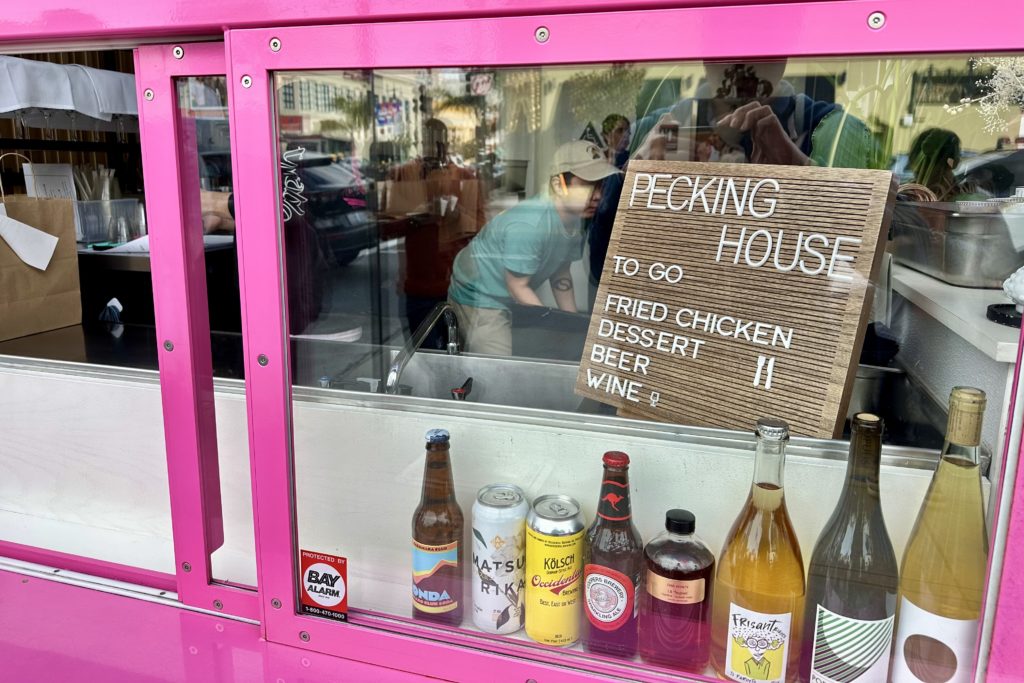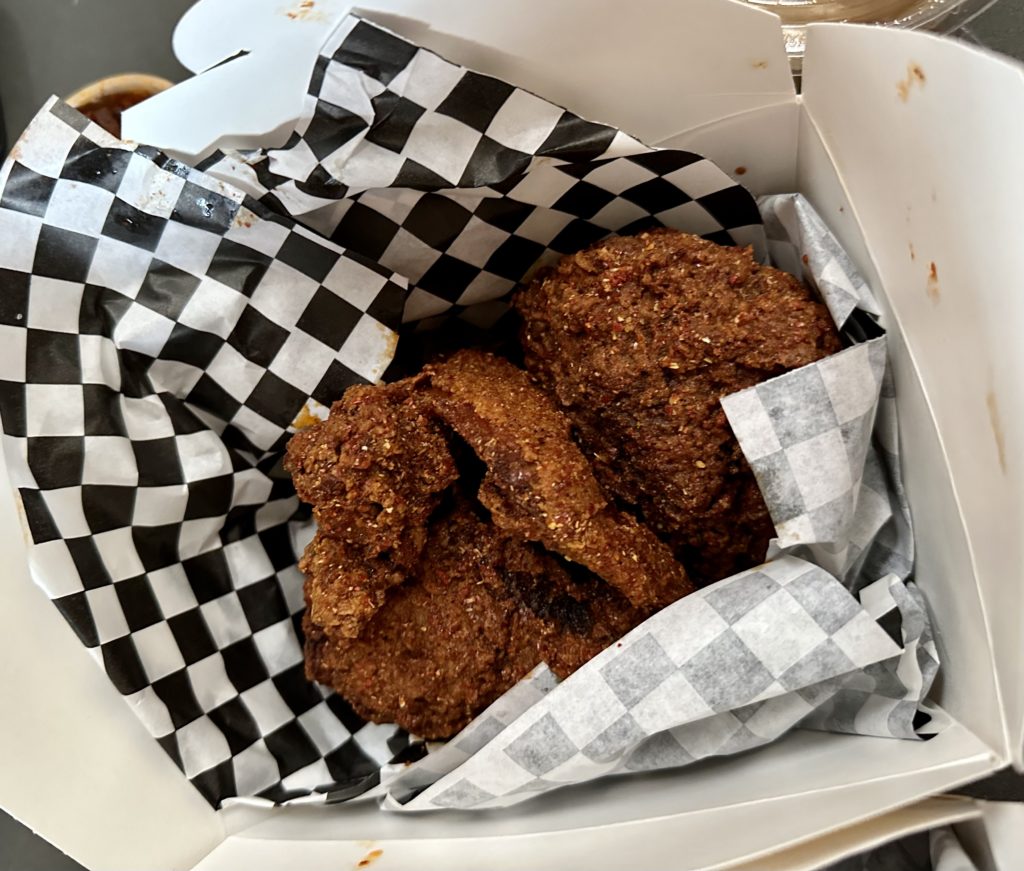The Importance of Research
In the summer of 2017 and 2018, I went to Taiwan on a missions trip with people from my church. We ran a week-long summer camp for teenagers at a juvenile halfway house in Hualien County, located on the east coast of Taiwan. It was an amazing place to experience nature, God (I’ll have to write more about that later), and also food.
Food in Taiwan is delicious, plentiful, and cheap. For reference, Din Tai Fung in Taiwan costs 50% of what it costs in California, and other equivalent food can be had for an even steeper discount. Price aside, you just can’t get the same quality and variety of Asian food in the Bay Area as you can in Taiwan, which is why I eat my heart out whenever I visit.
What made these trips particularly special was being able to share my love of food with the other folks who came along. My familiarity with the local language and culture made me the de facto tour guide who kept the team nourished and well-fed. I took my responsibility seriously, and was always on the lookout for places to eat, whether it was for a proper meal or for desserts in between meals.
“Let’s go do some research,” I’d say, after dinner. There are so many restaurants and food stands in Taiwan that you can’t throw a rock without hitting one, and most of the time they were pretty good. I’d scan the Google map reviews if there were any, but basically, I’d stop at any place with things I liked on the menu — that was the extent of my research.
Here in the Bay Area, it feels much harder to suss out whether a place is actually good or not. I usually default to Yelp, but that has also failed me as of late. A few months ago I met this Korean guy (let’s call him Jack, he’s a friend of a friend) at a game night who gave an emphatic recommendation for Seorai as his favorite Korean BBQ joint in the area. I confirmed it was 4 stars on Yelp with >100 reviews, and made plans to eat there with a friend. Unfortunately it was a huge disappointment, and the incident called into question my faith in Yelp reviewers and the platform in general (how could they let this happen?).
Last week, a friend sent me an Instagram post about a fried chicken pop-up in San Francisco for this month only. I don’t go to the city often, but when I saw that the options were chili fried chicken and salted egg fried chicken, I knew I had to brave the drive in the rain to check it out for myself. Plus, it was recommended by an Instagram influencer, so it must be good, right?
Sadly, no it was not. Not only that, it failed on the #1 criteria I look for in chicken — each order had 2 (dry) breast pieces and 1 wing / drumstick. To be fair, the wing was okay, but it wasn’t anything to write home about. I liked the chili flavor, and the skin was good, but the white meat was dry. Which begs the question: why serve up white meat chicken if they couldn’t make it moist?
These two incidents are stark reminders of the importance of research; I only had myself to blame for not properly vetting the recommendations I got. For example, I learned afterwards that Jack’s friends also thought he has poor taste — I should have confirmed this with my friend before acting on Jack’s recommendation. For the dry fried chicken, I should have noticed it was white meat on the Instagram photo, but alas, I was fooled by her influencer status and 60K followers.
Considering that both Yelp and Instagram are headquartered in the Bay Area, you would think that Bay Area residents have all the information they need to get good food. The older I get, the more I realize that more information doesn’t necessarily lead to better outcomes. In fact, it often means you spend more time doing research, and not the right kind of research.
There are two things I learned from these recent examples:
- I need to trust my gut more, like I did in Taiwan. This also means trusting Yelp and Instagram less, because your plebeian Yelp reviewer and Instagram influencer probably enjoy eating chicken breast, so why should I trust their opinions?
- Do your due diligence on randos. Jack sounded confident in his Korean BBQ recommendation so I believed him, and that was my mistake. Funnily enough, a friend posted about the fried chicken a day after I tried it, and had the same exact assessment. She also added, “Popeye’s was better and it’s across the street.”
It doesn’t mean mistakes won’t still be made, but I’d rather make mistakes refining my gut instinct than trusting the wrong sources.


I genuinely enjoying reading and seeing videos about your sailing adventure =)